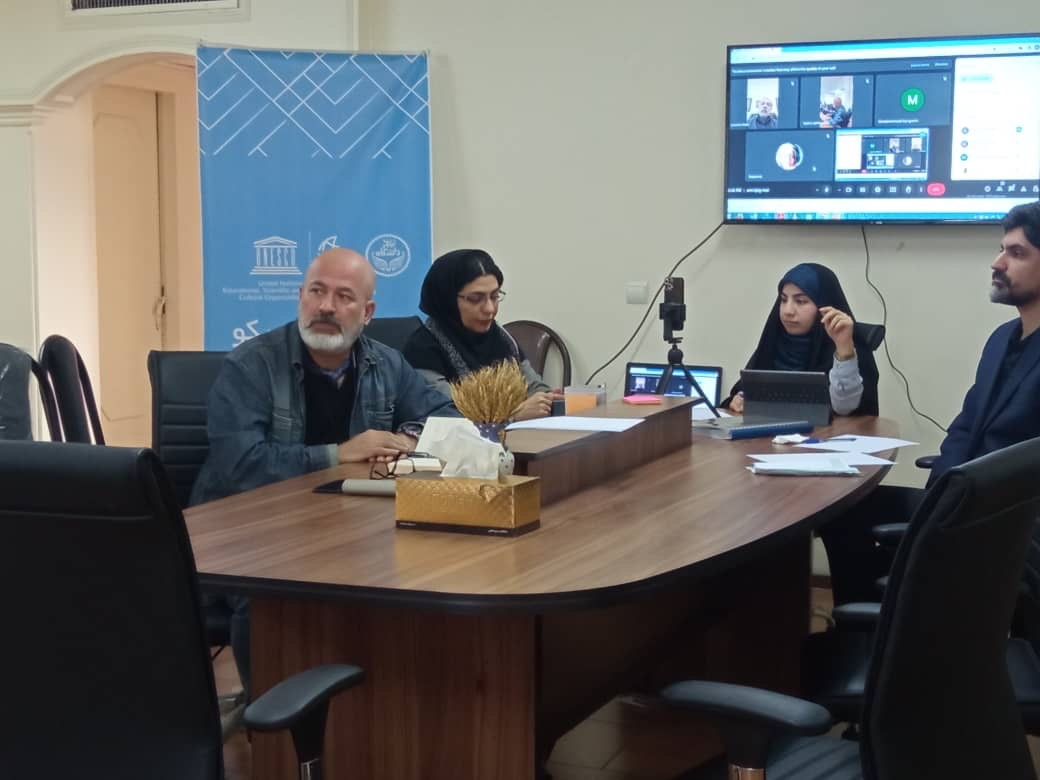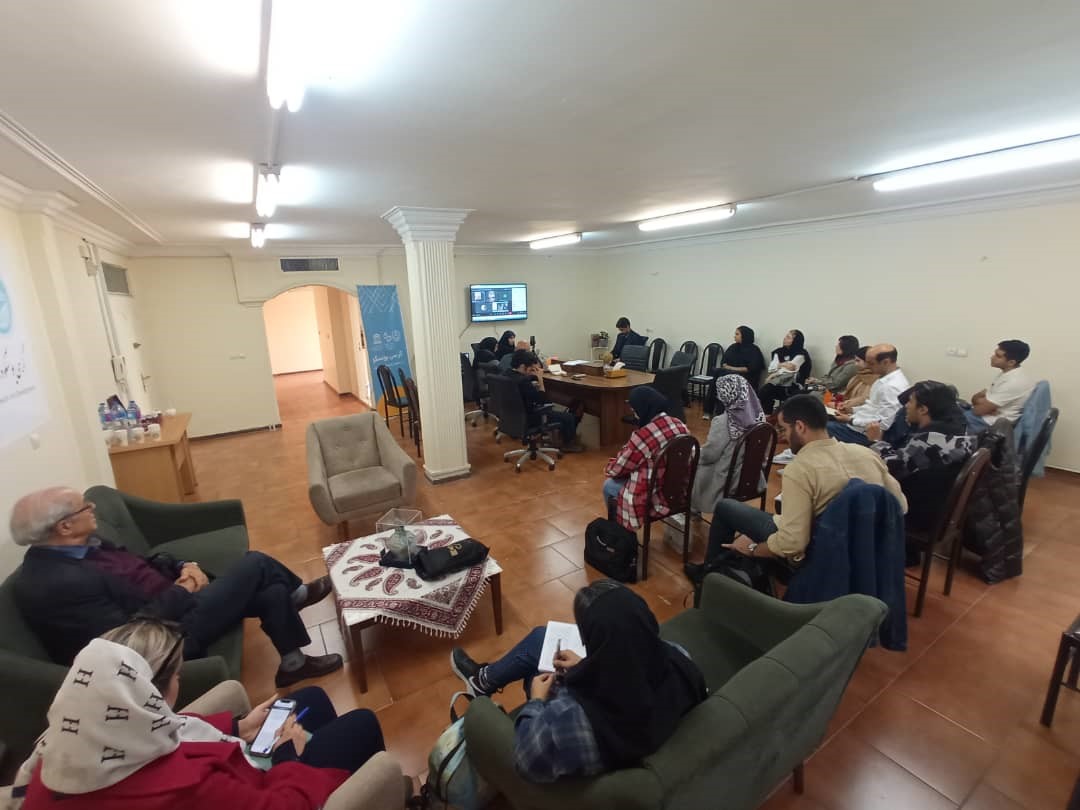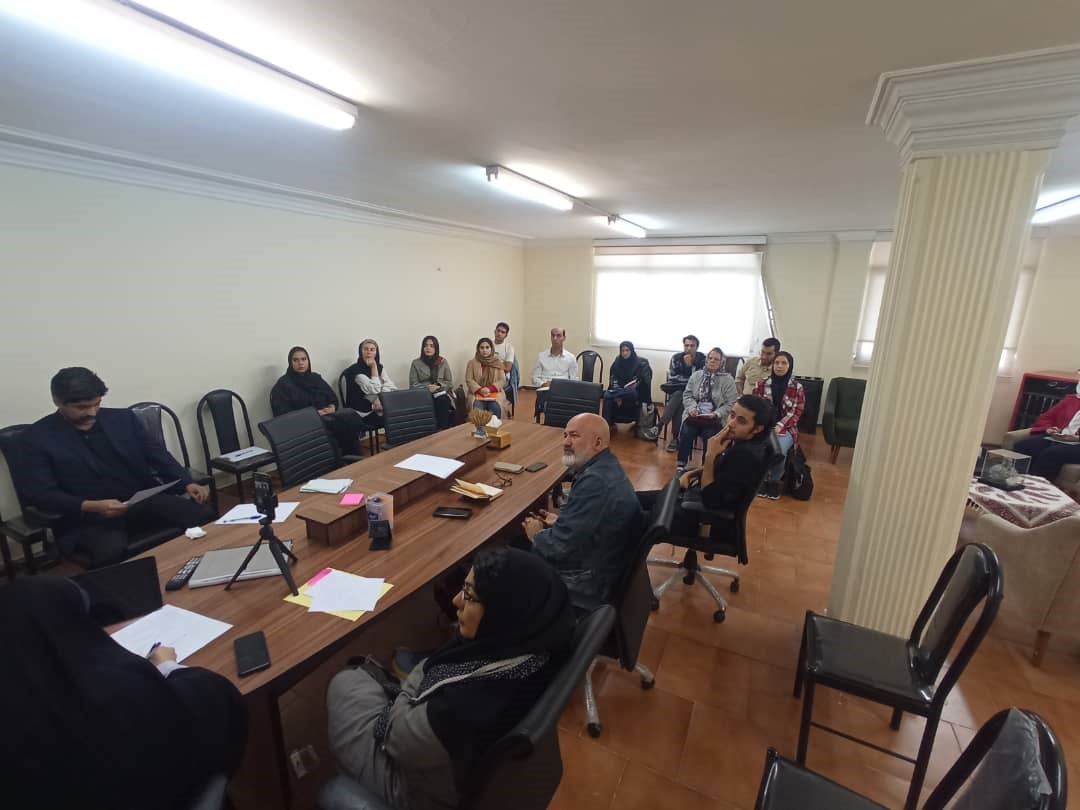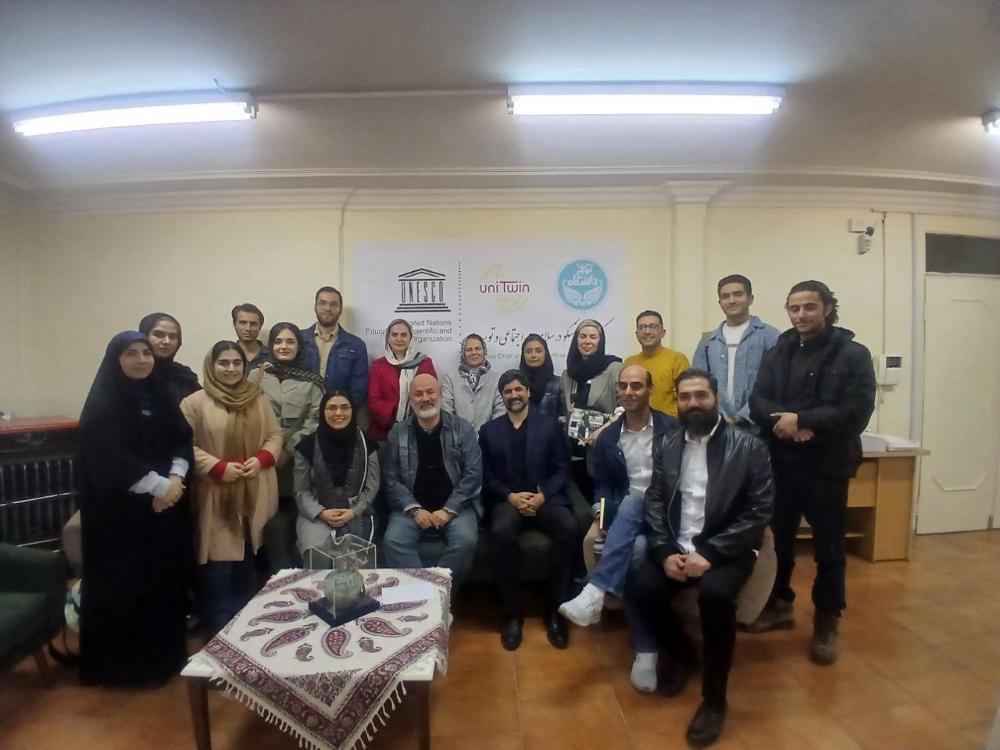



05 12 2024 06:30
News Code : 29822442
View Count : 11988
A specialized session on environmental ethics and culture in Iran was held at the UNESCO Chair in Social Health and Development, University of Tehran on Monday, December 25, 2014.
Monday, December 25, 2014 - UNESCO Chair in Social Health and Development
A specialized session on environmental ethics and culture in Iran was held at the UNESCO Chair in Social Health and Development, University of Tehran on Monday, December 25, 2014. In this session, Dr. Younes Nourbakhsh, Professor of Sociology at the University of Tehran and Chair of the UNESCO Chair, presented a research paper titled "Religion and Environmental Behavior" examining the role of religious attitudes in environmental protection and comparing Islam and Christianity on the environment. He examined the issue of how compatible the teachings of religions are with environmental attitudes and protection of it? And can religious institutions and religious interpretations be helpful in this direction? Dr. Nourbakhsh demonstrated this capacity and possibility by examining the Quran and the Bible.
In the continuation of this meeting, Mr. Engineer Mohammad Darvish, an activist and activist in the field of environment and head of the scientific group of environment in the UNESCO chair, presented the cultural roots of environmental protection. He stated that the outstanding features of Iran's nature indicate undeniable cultural values in the field of environment with the durability of a proud and ancient civilization. The fact that the number of endemic species or old tree stumps is far greater than in the European continent, which is several times larger than Iran and has a much more favorable climate, is one of these promising evidences. The main question now is why, despite such respect for nature, the processes that reduce the efficiency of the land in Iran are now accelerating? He believes that political actions have not paid due attention to the environment and the necessary education in this field in the last century.
Dr. Koosha Gorji-Sefat, an assistant professor at the University of Tehran and a researcher in the fields of sociology and anthropology, gave a speech on culture and nature. Dr. Gorji-Sefat considered the persistence of the human-animal divide in the way we think and act in the world to be rooted in colonialism, which continues to strain our relationships with the environment in an era of climate change and biodiversity loss. Natural and social science researchers recognize the need for fundamental changes in human organization, institutions, and relationships with nonhuman species. She contributed to this evolving debate by challenging the anthropocentric assumptions that pervade much of the social sciences and hinder efforts to think more comprehensively about the ecological crisis. Dr. Gorji concluded her speech by extending the conversation to the Middle East in order to expand the anthropocentric critique and promote a more relevant and ultimately sustainable worldview.
Dr. Zahra Mirbageri, a PhD in sociology and social researcher, discussed the importance of engaging citizens from underprivileged areas of Tehran in environmental activities. Dr. Mirbagheri stated that "I am responsible for my part" is very practical and effective for building trust and persuading citizens in environmental civic participation through social learning of facilitators.
At the end of this meeting, Ms. Kobri Sahragerd, a doctoral student in sociology at the University of Tehran and a social researcher, presented her experience as a facilitator in the participation of citizens in underprivileged areas of Tehran in environmental activities. She addressed the existing obstacles and weaknesses in relation to citizens' environmental activities and considered the sense of lack of neighborhood belonging, citizens' distrust of urban governance, and lack of awareness and culture of neighborhood participation in sustainable neighborhood development to be the most important obstacles in this regard. She also stated that one of the ways to sustain citizen environmental groups in neighborhoods is to create environmental micro-businesses and education.